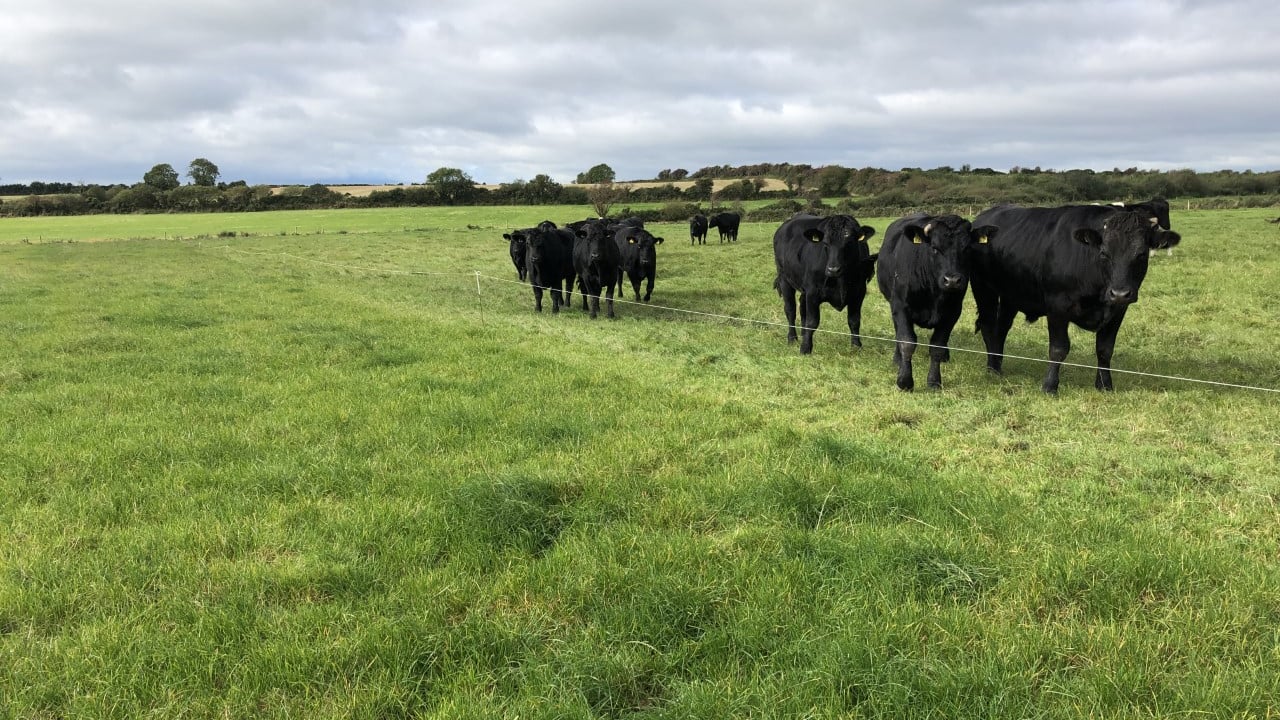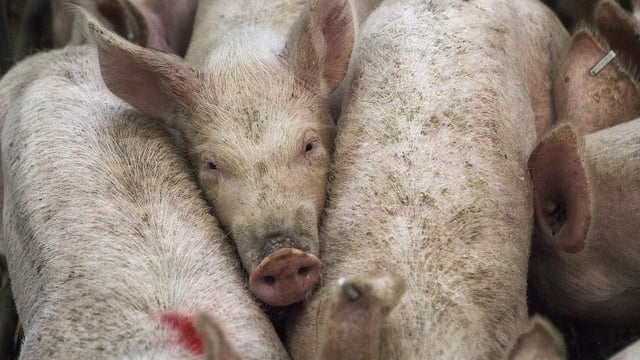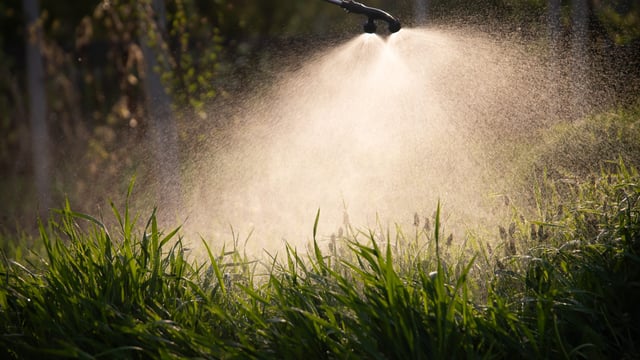New standard being developed for beef, sheep and dairy
Bord Bia has said that it is developing a new producer standard which will "replace" the current farm standards for beef, sheep and dairy into a "consolidated standard".
A new producer standard is being discussed with a specially-appointed Technical Advisory Committee (TAC), the Irish food board told Agriland.
Bord Bia's current quality assurance schemes in these sectors - the Sustainable Beef and Lamb Assurance Scheme (SBLAS) and the Sustainable Dairy Assurance Scheme (SDAS) - were themselves developed through their own TACs.
"The exact criteria and recommendations of the new standard are still at a draft stage and will be subject to [amendments] from the TAC, ratification from the Quality Assurance Board, as well as feedback and approval from the Irish National Accreditation Board (INAB).
"Any new criteria will also be piloted on farms to ensure they are fit for purpose and practical for farmers," according to Bord Bia.
Bord Bia
Meanwhile, the Irish Creamery and Milk Suppliers’ Association (ICMSA) called on Dairy Industry Ireland (DII) to withdraw its proposal to include a “clear focus” on water quality improvement in Bord Bia quality assurance (QA) schemes.
DII last week presented details of its 10-point action plan which it believes could secure Ireland’s nitrates derogation. The plan sets out that there must be a “clear focus on water quality improvement” within the QA schemes for all sectors.
Bord Bia said that the new producer standard being developed is "not specifically for water quality".
Within the current Sustainable Dairy Assurance Scheme (SDAS) standard, there is a range of criteria in place in relation to water quality. According to Bord Bia, these are:
- Farmers are required to maintain adequate facilities for collecting and storing of all manures and effluents in order to prevent pollution and disease;
- Farm manures and soiled water must also be applied in a manner that minimises the risk of pollution, contamination, and the spread of disease;
- Farm roadways must be managed and maintained to minimise damage to the land and to minimise the risk to watercourses. Farmers must ensure that cattle cannot gain access to drains and watercourses, except at controlled access points;
- Farmers are required to comply with the regulatory requirements and restrictions relating to areas of special conservation under their control;
- Farmers should avoid placing livestock on poorly-drained land (particularly in the case of out wintering) and steps must be taken to minimise poaching, soil erosion and compaction, especially near watercourses.





